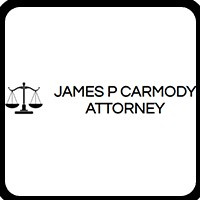Rocky Gap Credit & Debt Lawyer, Virginia
Not enough matches for Rocky Gap Credit & Debt lawyer.
Below are all Rocky Gap Bankruptcy & Debt lawyers.
James P Carmody
✓ VERIFIEDBankruptcy, Family Law, Credit & Debt
Since 1976, Mr. Carmody has provided outstanding legal services for bankruptcy, divorce, custody issues, and adoption proceedings to clients in the gr... (more)
Vincent John Carroll
Government, Workers' Compensation, Employment, Bankruptcy
Status: In Good Standing
Thomas M Jackson Jr.
Criminal, Traffic, Family Law, Credit & Debt, Motor Vehicle
Status: In Good Standing


